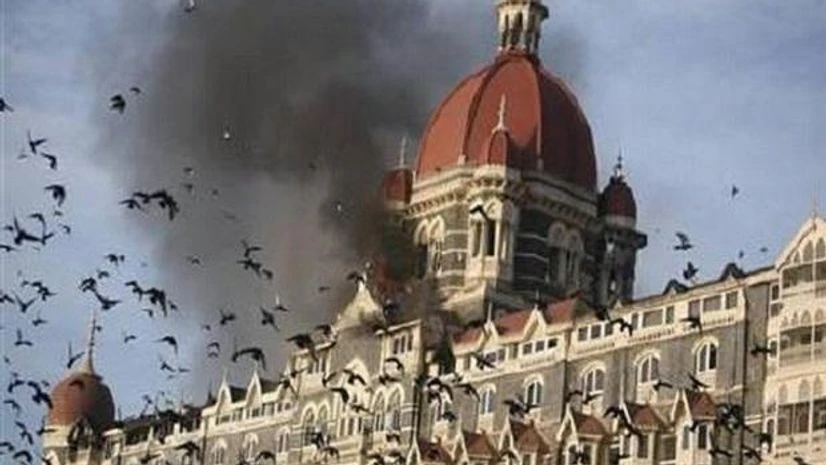President Droupadi Murmu on Saturday paid tribute to all those who lost their lives in Mumbai 26/11 terror attacks.
On the 14th anniversary of the 26/11 Mumbai attacks, the President said that the country shares the enduring pain of their loved ones and families.
"On the anniversary of the 26/11 Mumbai terror attacks, the nation remembers with gratitude all those we lost. We share the enduring pain of their loved ones and families. Nation pays homage to the security personnel who fought valiantly and made supreme sacrifice in the line of duty," the President said.
At least 174 people, including 20 security force personnel and 26 foreign nationals were killed and more than 300 people injured in the 26/11 Mumbai terror attacks.
10 Lashkar-e-Taiba terrorists came to Mumbai via sea route from Pakistan and carried out a series of coordinated shooting and bombing attacks across the city on November 26, 2011.
Also Read
After sailing to the city under the cover of darkness, the terrorists targeted major landmarks of Mumbai with the first attack taking place at the crowded Chhatrapati Shivaji Terminus (CST) railway station.
Ajmal Amir Kasab and Ismail Khan carried out the attack at this station, killing as many as 58 people and injuring over 100.
Kasab and Khan later entered to attack Cama Hospital, but the same was thwarted with the alertness of the hospital staff. They, however, killed 6 police officials, including the city's Anti-Terrorism Squad Hemant Karkare in an ambush after leaving the hospital.
The second site of the attack was Nariman House business and residential complex where a Rabbi, his wife, and six others, including five Israeli citizens, were killed by the terrorists who first held them hostage.
The two-year-old child of the Rabbi couple, Moshe, survived in the attack. Then 'Baby Moshe' became the face of the innocent victims of ruthless terrorism.
The third site to come under attack on 26/11 was the Leopold Cafe followed by Taj Mahal Hotel and Tower. Four terrorists carried out the attack at the famous cafe before entering the iconic Taj hotel, where they killed as many as 31 people after laying a three-day siege at the hotel.
The other site to come under attack during the 26/11 was the Oberoi-Trident hotel where another group of two terrorists entered at almost the same time, as the other four had entered the Taj. At the Oberoi-Trident hotel, the siege officially ended on the evening of November 28 with as many as 30 being killed in the horrific attack.
The attack and seize finally culminated on the morning of November 29, 2008, after the National Security Guards (NSG) secured the Taj Mahal Palace Hotel.
By the time commandos of the National Security Guards (NSG) gunned down the last terrorists who had been holed up in south Mumbai's Taj Mahal Palace hotel, over 160 people were killed and hundreds were left injured.
After the attack, it was established that the 10 terrorists had sailed to Mumbai from Pakistan's port city, Karachi. Their voyage to Mumbai involved hijacking a fishing dingy and killing four of the five men crew, leaving one occupant to ferry them to the Mumbai coast.
In these gruesome attacks, 9 terrorists were killed and the lone survivor, Ajmal Amir Kasab, was caught and was sentenced to death at Yerwada Central Jail in Pune in 2012.
The Jamaat-ud-Dawah (JuD), whose mastermind was Hafiz Saeed, was believed to have plotted the 26/11 attacks.
(Only the headline and picture of this report may have been reworked by the Business Standard staff; the rest of the content is auto-generated from a syndicated feed.)

)
